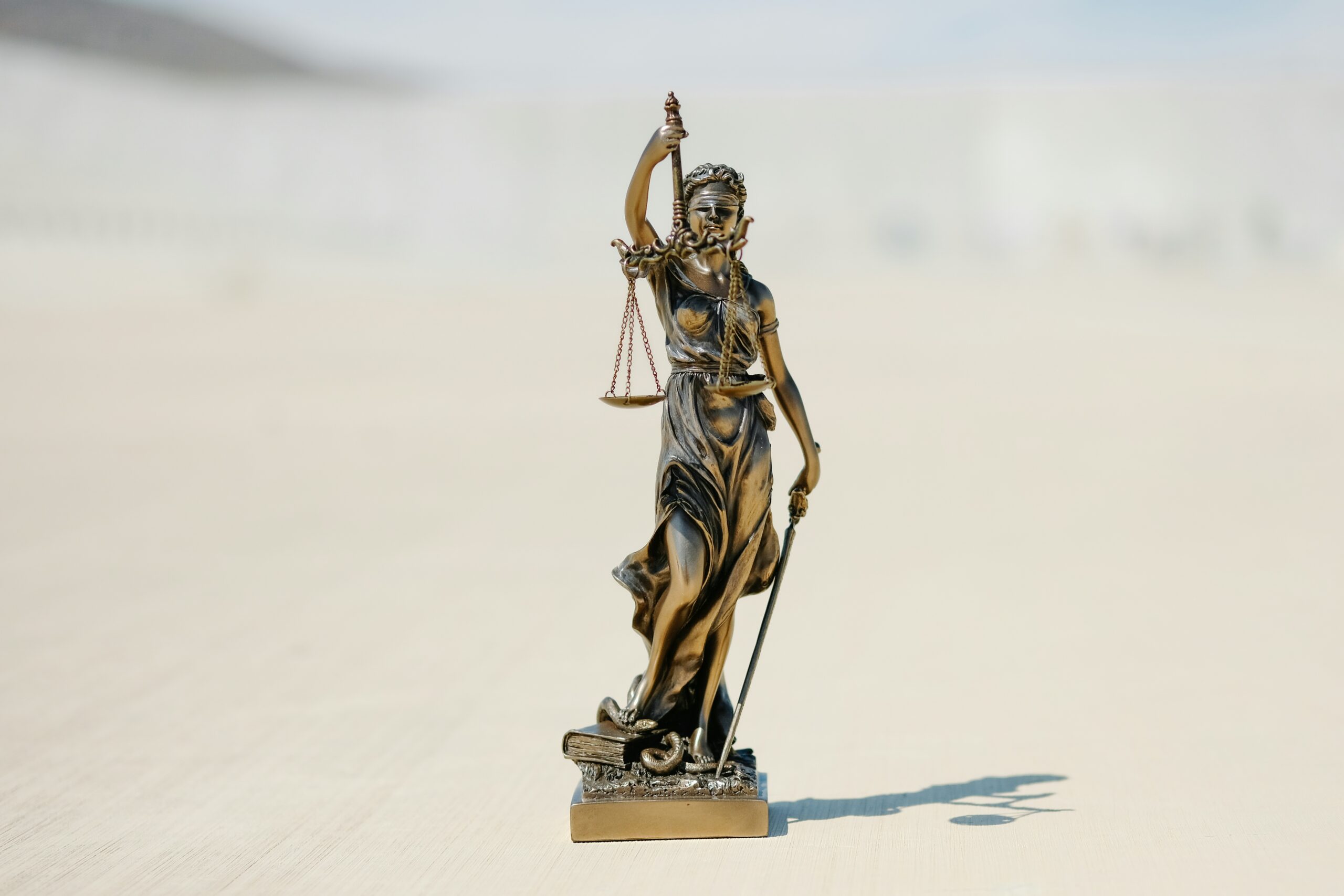
Talking to KC Wagner About Ending Harassment at Work
For 40-plus years, KC Wagner has focused on the work-related consequences of intimate partner violence and sexual harassment. As director of the Equity at Work Initiative of the School of Industrial and Labor Relations at Cornell University, Wagner has trained thousands of people about workplace rights, has counseled individuals, and has testified as an expert witness in landmark legal cases.
Her efforts have earned her honors from the U.S. National Committee for UN Women; the New York State Coalition Against Domestic Violence; and Cornell University’s Committee on the Status of Women. She spoke to Lilith’s Eleanor J. Bader.
Eleanor J. Bader: Let’s start with how you became connected to this work.
KC Wagner: I cut my teeth as a social work intern and staff person at the Park Slope Safe Homes Project in Brooklyn from 1978-1979. My assignment was to establish a neighborhood response to what was then called domestic violence; community residents were asked to provide space in their homes for women fleeing abuse. I worked with a network of clergy, legal aid lawyers, and a precinct social worker. This predated the creation of shelters.
After burning out, my passion for gender justice was ignited when I saw an ad for a counseling position with survivors of sexual harassment at the Working Women’s Institute. I applied and was hired.
EJB: Did people know much about sexual harassment at that time?
KCW: Many of us had experienced unwanted sexual attention, but we didn’t have a name for it. We also didn’t think there was anything we could do about it! I was intrigued that this organization had given it a name.
The momentum that WWI generated sparked by a speak-out attended by over 250 women on Cornell University’s Ithaca campus in the early 1980s; this led us to design a trauma-informed participatory counseling program that centered the voices of survivors. Small group conversations were followed by individual counseling sessions with referrals. We also set up a hotline, conducted original research, and centralized early legal cases into a brief bank as a national resource
Over time, the program focused on community and union capacity building, organized training sessions, and worked with national groups including 9 to 5, Equal Rights Advocates, NOW, the Coalition of Labor Union Women, and the Alliance Against Sexual Coercion.
EJB: How much has the law changed since the 1980s?
KCW: Working Women’s Institute filed an amicus brief in Meritor Savings Bank v. Mechelle Vinson. In a 1996 9-0 decision, the United States Supreme Court recognized sexual harassment as an impermissible form of sex discrimination and a violation of Title VII of the Civil Rights Act of 1964. It recognized the harm of unwanted and uninvited conduct from a person in a position of power and authority and it required employers to create ways for workers to lodge complaints.
Forty years later, sexual harassment is seen as a form of sex discrimination in federal, state and city law. Early cases built on decisions recognizing racial harassment as discrimination and more recently courts have recognized gender identity and transgender harassment.
EJB: Tell me about becoming an expert witness.
KCW: My extensive counseling experience qualified me for that work. I’ve helped courts understand the coping strategies used by people subjected to unwanted attention. I’ve also consulted with litigators and Human Rights Commissions and have written reports on the stress caused by sexual harassment in traditional and non-traditional and in unionized and non-unionized workplaces.
I’ve testified against the third highest diplomat at the United Nations who was accused of harassment. I also testified for Lois Robinson, a Jacksonville, Florida, shipyard worker. When she went to Human Resources to complain about verbal taunts, the office had girly pin-ups on the wall. It was ridiculous.
EJB: When and why did you leave the Working Women’s Institute?
After we lost our funding in 1986, I began working with the ILR School at Cornell. We got an in-kind donation of space and I organized a conference on sexual harassment in academia. I designed Cornell’s first sexual harassment workshop for managers including how to address and prevent it.
Since then, I’ve provided participatory training workshops to unions and public and private sector employers. I’ve written train-the-trainer manuals, completed equity audits, and consulted on collective bargaining agreements.
EJB: How have you kept going despite political setbacks?
KCW: The courage of survivors inspires me. So many people who step forward do not see justice in their cases, or in their lives, but they see themselves as part of a justice continuum.
But it has not always been easy.
For example, I conducted a mandatory training at a fire department that involved a lieutenant who was incredibly hostile. I’d ask questions and no one would respond. Yet, when it was over, a firefighter drove me to the train and confided that the toxic masculinity in the station silenced individuals who wanted to talk. I have to think that at least some participants listened and learned.
And there have been victories. Interpersonal violence and sexual harassment have been integrated into workplace health and safety discussions and contracts since the financial and emotional costs of violence and abuse resonate with both workers and bosses. Programs engaging cisgender men as allies, with leadership from women’s and LGBTQ+ organizations, signal further progress. Giving survivors a way to influence social change that centers their voices, is another positive shift.



